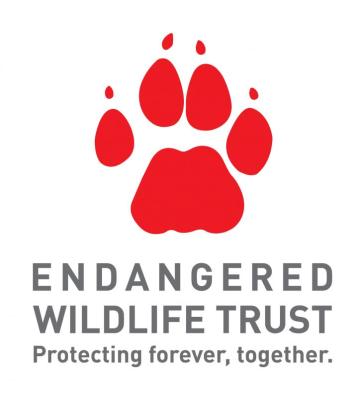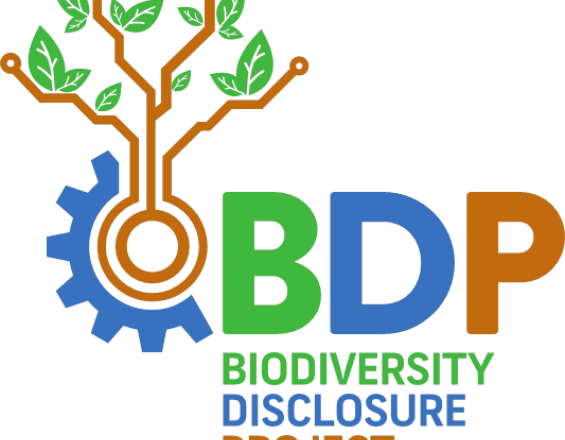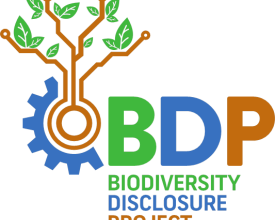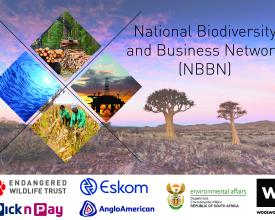
The National Biodiversity & Business Network and the Biodiversity Disclosure Project

The Endangered Wildlife Trust (EWT), a conservation NGO, recognised the need for a body to assist business in the integration or mainstreaming of biodiversity into its strategies and activities. This led the EWT to establish the National Biodiversity and Business Network (NBBN) in 2013 in partnership with various business sectors. The aim of the NBBN is to facilitate a reduction in the impact of business on biodiversity in South Africa. We aim to achieve this through the Biodiversity Disclosure Project (BDP). The BDP is a voluntary biodiversity disclosure mechanism that initially targets South African companies. The BDP will enable businesses to disclose their biodiversity performance in a standardised and comparable manner. The project also supports the private sector in mainstreaming biodiversity into their strategies and activities, thereby helping business recognise, measure, value, and responsively manage their direct and indirect dependencies and impacts on biodiversity.
Impacts
The NBBN works in partnership with the Department of Environmental Affairs (now DEFF, government), De Beers (mining, now part of Anglo American PLC), Pam Golding Properties (real estate and property development), Nedbank Limited (financial services), Hatch (engineering), Pick n Pay (supermarket chain), and Transnet (transport and logistics). Achievements of the Biodiversity Disclosure Project (BDP) to date include an Online Biodiversity Mainstreaming into Business Toolkit and mainstreaming guidelines. While various tools and approaches are already used by business to measure changes in biodiversity across their value chain, the lack of a standardised, comparable, credible and unbiased methodology to help them consolidate and report their impacts on biodiversity needs to be addressed. Therefore the Biological Diversity Protocol (BD Protocol) has been designed and developed as a comprehensive biological diversity accounting and reporting framework that can help any business produce the credible and unbiased information needed for various biodiversity-related applications, from site management to disclosure. While the GHG Protocol Corporate Accounting and Reporting Standard was the benchmark standard for the vision and structure of the BD Protocol, the BD Protocol is aligned to the Natural Capital Protocol.




